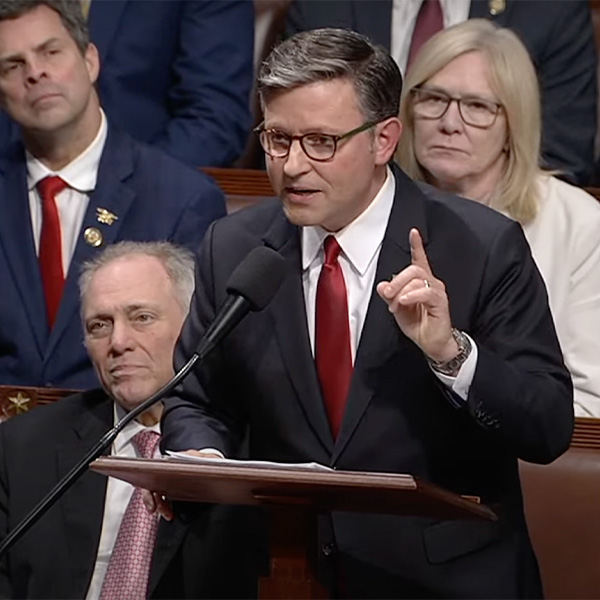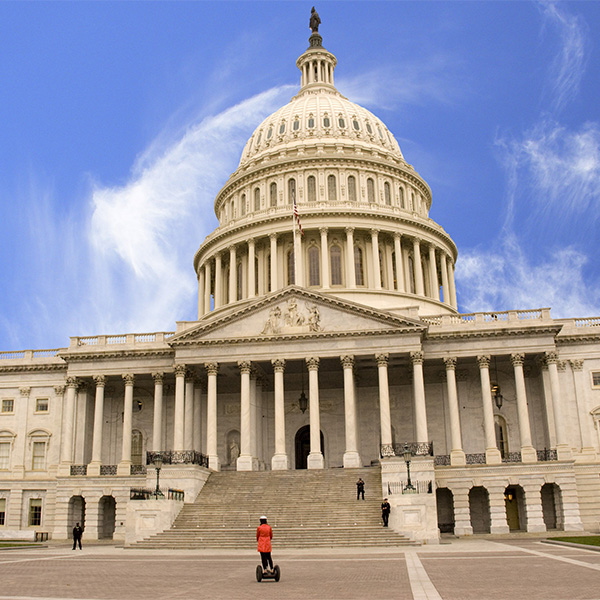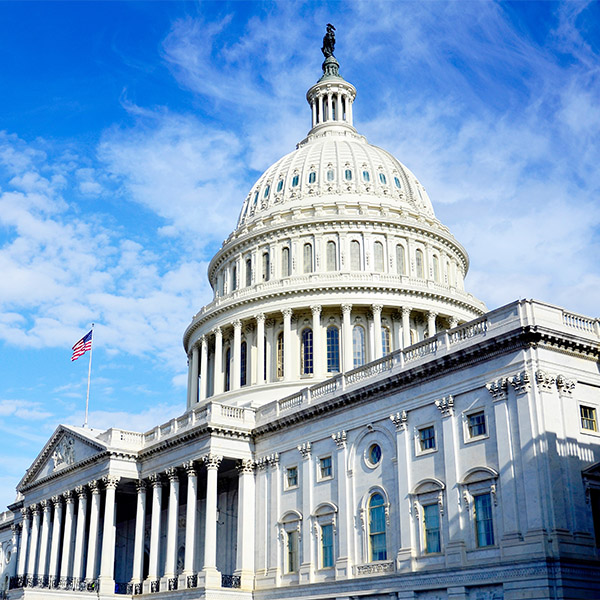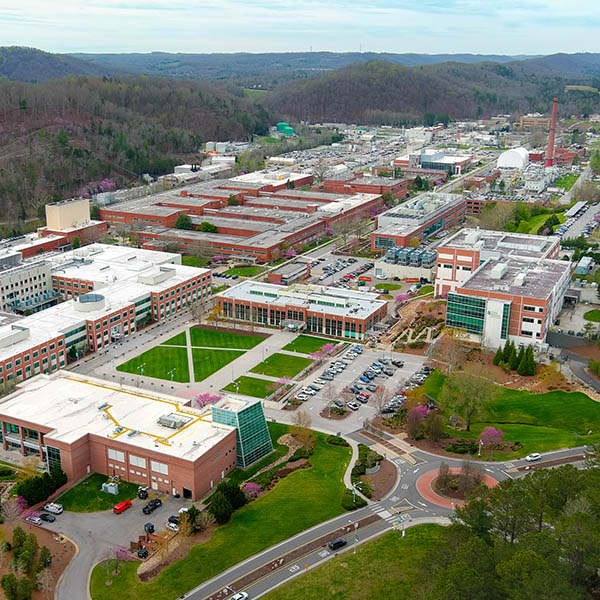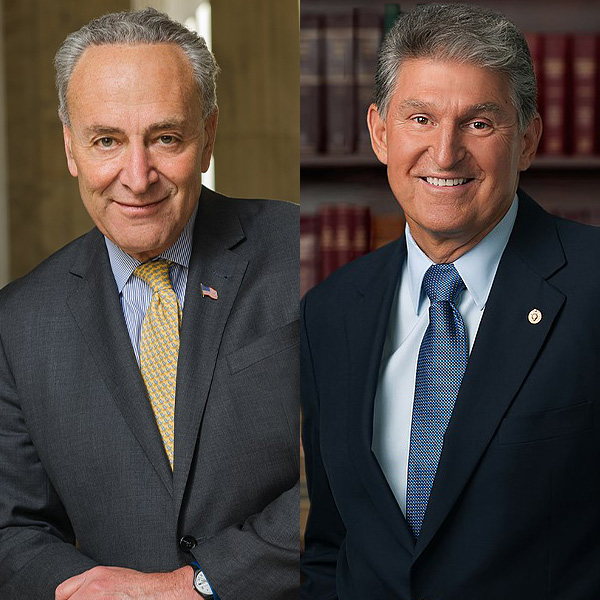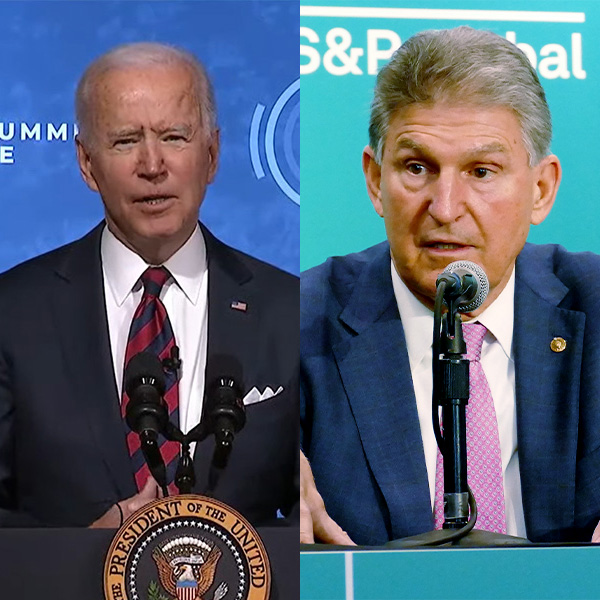budget reconciliation
The House of Representatives voted to pass the Senate version of its budget reconciliation package, the One Big Beautiful Bill Act.
The U.S. Senate met through the weekend and overnight June 30 to work on Republicans’ budget reconciliation bill, passing it 51-50 with Vice President JD Vance casting the tiebreaking vote.
The Senate Finance Committee released its proposal for the reconciliation bill, which cuts clean energy tax credits off entirely starting Jan. 1, 2028, but includes some changes from the version of the legislation that passed the House in May.
The House of Representatives narrowly passed President Donald Trump’s “One, Big Beautiful Bill” that would extend tax cuts for individuals and render energy tax credits effectively useless.
Nuclear energy got at least a temporary boost as the reconciliation bill hashed out in the House of Representatives spared it from most of the policy changes aimed at other forms of clean energy.
Key House committees are marking up “One Big, Beautiful Bill” for the fiscal 2025 budget that includes much of President Donald Trump’s legislative goals, including clawing back funds and phasing out tax credits for clean energy.
To move forward in the second Trump administration, both Democrats and Republicans will need to depoliticize the debate around climate and energy issues as they face the impacts of increasingly frequent and severe extreme weather, while meeting growing power demand from artificial intelligence, data centers and new manufacturing.
Senate Majority Leader Chuck Schumer and Sen. Joe Manchin announced a deal on a climate package that Democrats will seek to enact on a party-line vote.
With Sen. Joe Manchin shutting down negotiations over a package that includes clean energy incentives, many suggest answers to the question of what comes next.
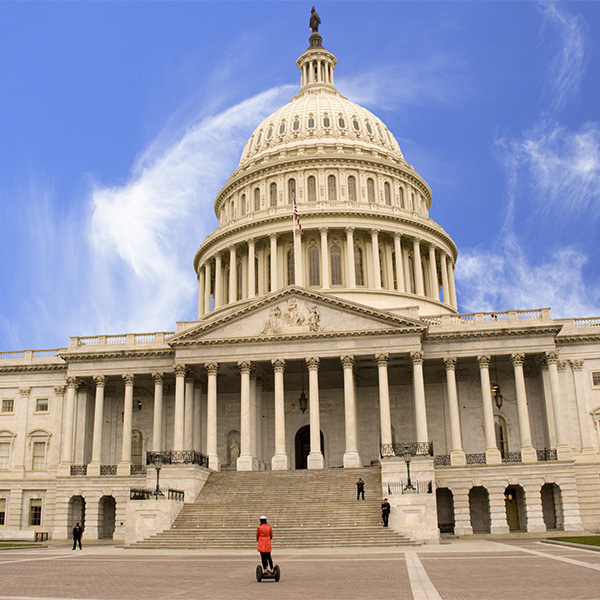
David Maiolo, CC BY-SA-3.0, via Wikimedia
The House of Representatives’ passage of the bipartisan Infrastructure Investment and Jobs Act quickly set off a chorus of praise from clean energy groups.
Want more? Advanced Search
